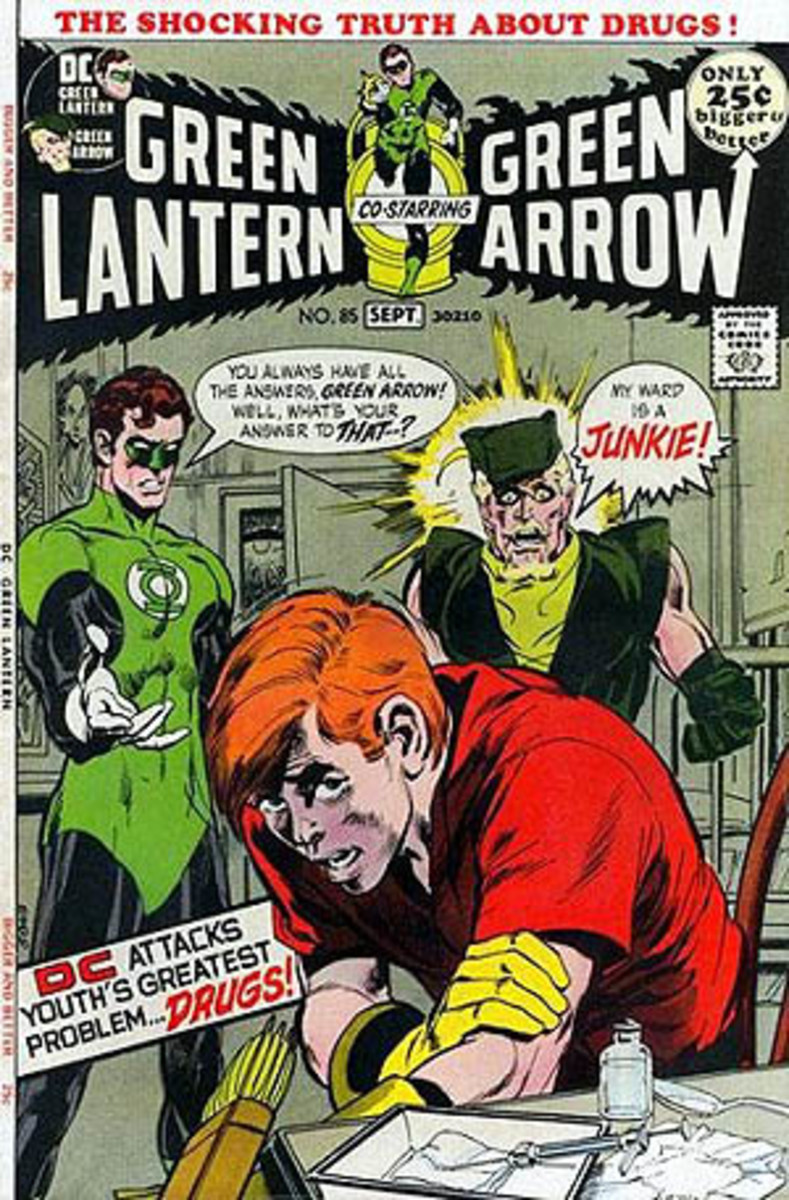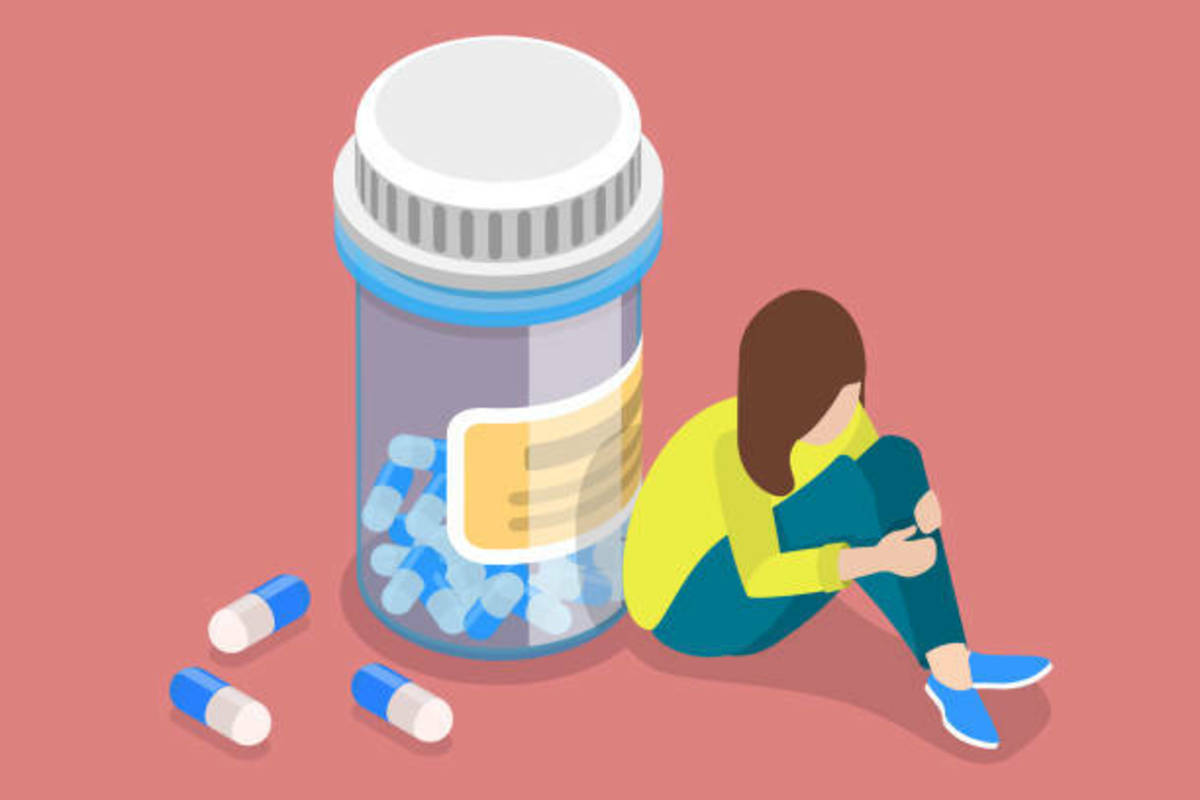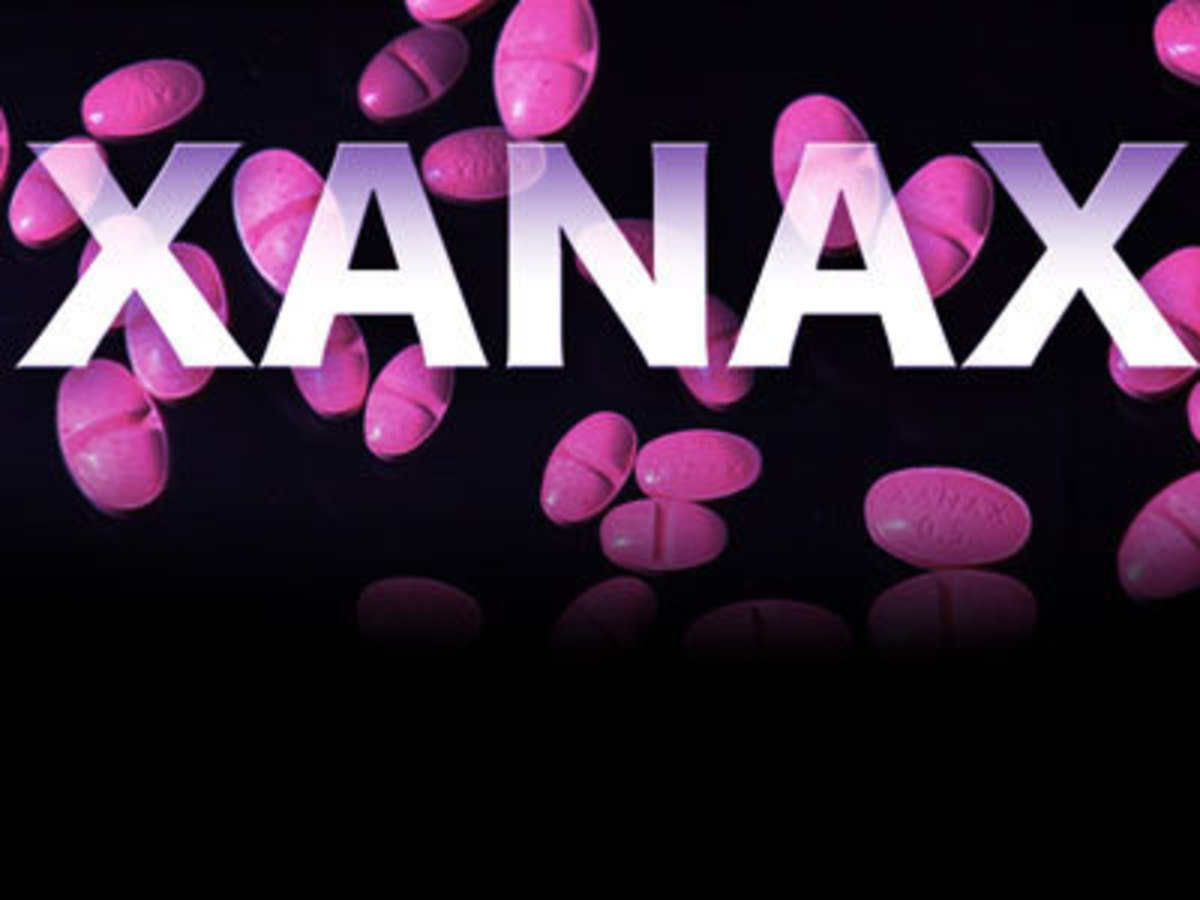Am I Chemically Dependent on Drugs?
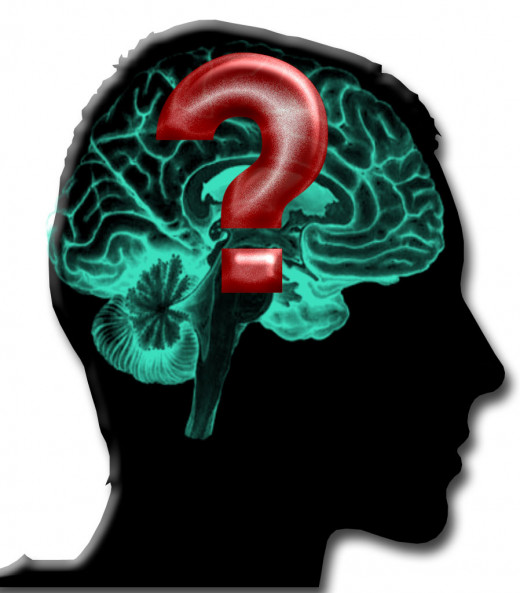
If you find yourself consistently using alcohol or drugs on a daily or regular basis, you may be chemically dependent or addicted to a substance. Chemically dependence is defined by the body’s inability to function normally without a particular substance, and the control over the use of drugs or alcohol is impaired. Often, people who use a substance over a period of time will cause changes in their body that come to expect the substance in order to function and not experience withdrawal. Even if you stop the use of a substance, you may return to it eventually, even after years of abstinence. Chemical dependence occurs without logical or rational reasons and is often referred to as a baffling and bewildering disease of addiction.
Is Chemical Dependence or Addiction a Disease?
Disease is defined by the “interruption of the body’s ability to function normally.” Most would agree that diabetes, cancer, or any number of diseases or conditions would impair the body from functioning in a normal capacity. Obviously, addiction or dependence impairs the body’s ability to carry on with normal processes without alcohol or the drug of choice. Smoking, for instance, is a powerful addiction to nicotine that may render the chemically dependent person powerless to stop smoking, regardless of warnings of cancer, lung disease, and the possibility of lifelong supplemental use of oxygen.
Signs and Symptoms of Chemical Dependence
If you find yourself preoccupied with a mood-altering substance despite the warning signs and dangers of continued use, you may be chemically addicted. The brain now believes that the chemical is more important for survival than food and powerful coping mechanism, known as denial, will promote thought distortion and actually help you to justify the drug or alcohol use without experiencing guilt or remorse.
- Continuous or periodic use of a substance despite willpower or logic
- Fear of not having access to substance
- Use of substance regardless of harmful effects, negative consequences, or effects on relationships
- Signs and symptoms of uncomfortable and life-threatening withdrawal effects on the body
- Inability to function appropriately without the use of the drug or alcoholic substance
- Attempted detoxification of the substance but unable to achieve complete abstinence
- You make excuses and rationalize your drinking or drug use no matter what the circumstances
Am I Chemically Dependent?
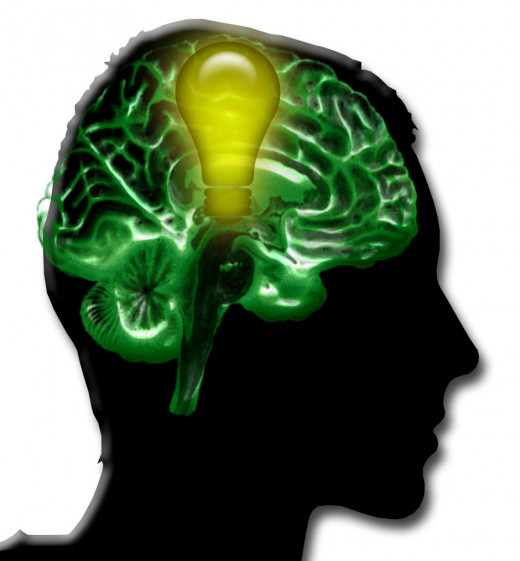
Why do I Use Drugs or Alcohol?
People who are prone to depression may self medicate with alcohol or drugs and have a high risk of becoming chemically addicted to a substance or substances. Depression is a painful and uncomfortable state that may be alleviated by smoking, drinking alcohol, or abusing prescription or illicit drugs. Unfortunately, the person may become addicted and chemically dependent on the substance over a period of time. Once the body has adjusted to the toxic side effects of drugs and alcohol, withdrawal will ensue when the substance is no longer being consumed.
Signs and Symptoms of Chemical Dependence
Signs of Abuse
| Symptoms of Dependence
| Possible Outcomes
|
|---|---|---|
Increased use of substance
| Denial of substance abuse
| Chemical Dependence with withdrawal if substance is stopped abruptly
|
Increased preoccupation with the substance
| Fear of not having the substance on hand
| Increased dependence on substance with fear of withdrawal
|
Continued substance abuse regardless of harmful effects
| Health problems, legal problems or relationship problems with continued use
| The Chemical dependence is more important that survival itself
|
Are You Chemically Dependent?
view quiz statisticsHelpful Websites for Meetings and Information
If You Score 50-100 Percent
A score of over 50 percent is a sign that you may be chemically dependent on a substance. Please consult your physician and discuss the possibility of your addiction and treatment options. This information is not meant to replace professional medical assistance or to diagnose any conditions or disease.

